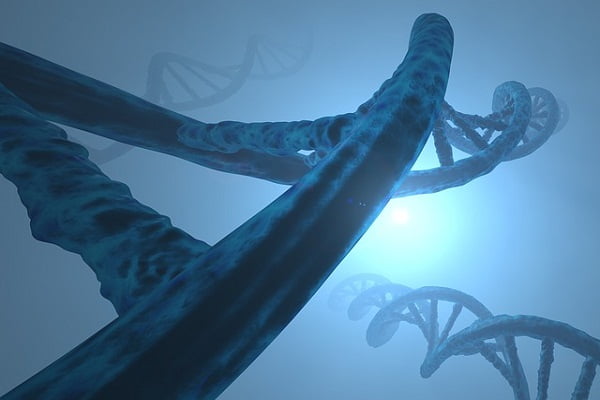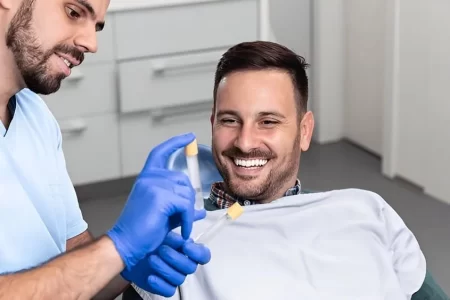Genetic Treatment of Erectile Dysfunction
- Updated on: Jun 26, 2024
- 2 min Read
- Published on Apr 23, 2021


Erectile dysfunction is found to be linked to a variation in DNA for the first time in a new research. Researchers say that they have found an area of the genome which is responsible to increase the risk of impotence due to erectile dysfunction, thus raising hopes of new therapies for millions of men who suffer with the condition.
The variation was identified near the SIM1 gene. This gene also plays a role in brain development. The findings are published in Proceedings of the National Academy of Sciences recently.
Erectile dysfunction (ED) is defined as the inability to get or maintain firm erection during a sexual act. It is a common sexual problem in men and affects about 30 million men in the United States. Erectile dysfunction affects about 55% of men between the age group of 40-70 in the UK, according to the British Association of Urological Surgeons. The chances of developing it however increase with age. Men with chronic conditions like cardiovascular disease or type 2 diabetes are also more likely to develop it.
Researchers have long suspected some genetic link in the progression and development erectile dysfunction. It was believed that genes play some role but it was not clear where this increased risk could reside in our genome.
More: How to know if erectile dysfunction is physical or psychological?
More: Drugs that cause erectile dysfunction
In this study, a group of scientists in the US looked at the genes of about 37,000 men who were members of Kaiser Permanente, America’s biggest health care provision company. Researchers identified a spot along the sixth chromosome that was associated with an increased risk of ED. This location was found near the SIM1 gene. Variations in the SIM1 locus, the region of DNA containing the SIM1 gene, was associated with a 26% increased risk of impotence. The scientists believe that a genetic “promoter” that turns SIM1 on and off will help explain these findings rather than the gene itself.
“Identifying this SIM1 locus as a risk factor for erectile dysfunction is a big deal because it provides the long sought-after proof that there is a genetic component to the disease,” the current study’s lead author, Eric Jorgenson, who is a scientist at Kaiser Permanente Northern California’s Division of Research, said in his statement.
The group believes that other researchers may find even more genetic risk factors for erectile dysfunction. In fact, some researchers already have found it. A team in the UK released research this March earlier in the journal bioRxiv that identified an association between the ED and another gene locus found near SIM1.












